The Role of Nutrition in Livestock Health
Just like humans, animals require a balanced diet to thrive. Providing proper nutrition is not only essential for the well-being of livestock but also impacts farm profitability, product quality, and sustainability. Without adequate nutrients, animals become more susceptible to disease, stress, and poor performance, which can have significant economic consequences for farmers.
Why Nutrition is Crucial for Livestock
Proper nutrition ensures that livestock grow efficiently, maintain good health, and produce high-quality meat, milk, eggs, or fiber. The essential nutrients required for livestock include:
- Proteins for muscle development and tissue repair
- Carbohydrates and fats for energy
- Vitamins and minerals for metabolic functions, bone health, and disease resistance
- Water for digestion, temperature regulation, and nutrient transport
A well-balanced diet provides the foundation for strong immune systems, reproductive success, and optimal productivity.
How Nutrition Affects Livestock Health
- Growth and Development
Young animals need high-quality feed rich in proteins, vitamins, and minerals to support their rapid growth. Deficiencies in key nutrients can lead to stunted growth, skeletal deformities, and weak immune systems. In contrast, a well-formulated diet ensures steady weight gain, proper bone development, and overall robustness.
- Immune System and Disease Resistance
Nutrition directly influences an animal’s ability to fight off infections. Deficiencies in essential nutrients like vitamins A, C, and E, zinc, and selenium can weaken the immune system, making animals more vulnerable to bacterial, viral, and parasitic infections. Providing a diet rich in antioxidants and immune-boosting compounds enhances resistance to diseases such as respiratory infections, gastrointestinal disorders, and parasitic infestations.
- Reproductive Performance
For breeding livestock, nutrition plays a vital role in fertility and reproductive success. A diet lacking essential nutrients can lead to poor conception rates, low birth weights, and weak offspring. Minerals like calcium, phosphorus, and magnesium are critical for reproductive health, while energy-rich diets support proper ovulation and gestation.
- Gut Health and Digestion
A healthy digestive system is essential for efficient nutrient absorption and overall well-being. Livestock depend on a balanced diet that includes fiber, probiotics, and digestive enzymes to maintain gut health. Poor-quality feed can lead to digestive disorders such as acidosis, bloating, and diarrhea, negatively impacting growth and productivity.
- Stress Management and Recovery
Livestock often experience stress due to environmental changes, transportation, or vaccinations. Proper nutrition helps animals recover faster and reduces the negative impact of stress on their health. Adding nutritional supplements such as amino acids, electrolytes, and probiotics can aid in faster recovery and improve resilience.
Optimizing Nutrition for Better Livestock Health
- Balanced Diet Formulation
Each type of livestock requires a specific nutritional balance based on its age, breed, and production purpose. Using scientifically formulated feed with the right mix of proteins, energy sources, vitamins, and minerals ensures optimal performance.
- Use of Enzymes and Premixes
Digestive enzymes and premixes enhance nutrient absorption and efficiency. These additives help break down complex feed components, ensuring that animals get the maximum benefit from their diet.
- Probiotics for Gut Health
Probiotics promote a healthy gut microbiome, improving digestion and boosting immunity. They help prevent harmful bacterial overgrowth and reduce the risk of gastrointestinal infections.
- Biosecurity and Disease Prevention
A strong nutritional foundation, combined with a full biosecurity program, helps prevent disease outbreaks. Well-nourished animals have stronger immune systems, reducing the need for antibiotics and other treatments.
- Sustainable Feeding Practices
As the demand for livestock products increases, sustainable feeding practices become more critical. Using locally sourced, high-quality feed ingredients, reducing waste, and implementing precision feeding techniques improve efficiency while reducing environmental impact.
The role of nutrition in livestock health cannot be overstated. A well-balanced diet supports growth, immunity, reproduction, and overall performance, making it a key factor in successful farming operations.
Resources:
Supporting Flock Health Through Nutri Bost plus
The key to growing flocks that are healthy and productive is to make sure they receive adequate diet
Mycotoxins in Livestock Feed: Risks and Solutions for Healthier Animals
Bost-K3 Plus is a premium Vitamin K3 supplement designed for poultry, rabbits, and ruminants. It pre
Colibacillosis in Poultry: Symptoms, Treatment, and Prevention
Colibacillosis is a bacterial infection caused by Escherichia coli (E. coli) that affects poultry wo

